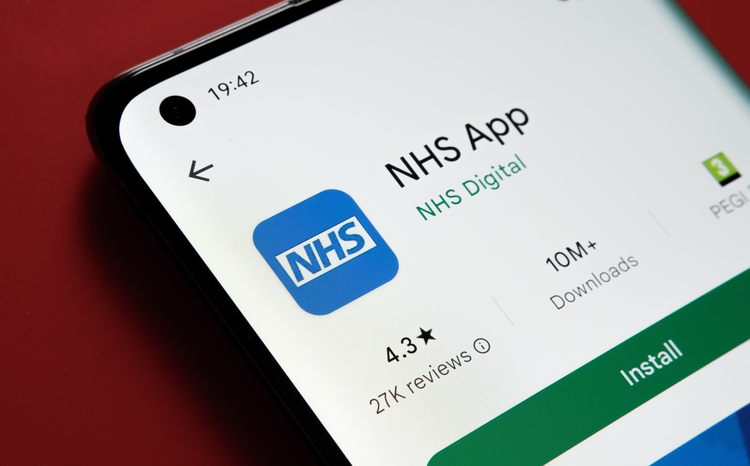Challenge Fund wave two pilots unveiled
- 30 March 2015

NHS England has revealed the second wave of primary care pilots set to receive a share of a £100 million investment through the Prime Minister’s Challenge Fund.
The fund will support an additional 37 GP-led projects across England aiming to trial a variety of ideas to improve convenience and access to primary care services, including greater use of video, email and telephone consultations as well as the use of telecare and health apps.
It follows an initial investment of £50 million announced by Prime Minister David Cameron in October 2013, with 20 pilots launched last April, including projects that apps offering advice on how to contact appropriate services, the use of Skype appointments and telehealth.
The second wave of funding was announced by health secretary Jeremy Hunt last September, with NHS England receiving more than 156 applications by the January deadline.
The greatest amount of funding went to the North of England, which received £37.5 million across 13 projects. A total of 11 projects in the Midlands and East received £27.9 million; four London projects shared £11.6 million; and nine projects in the South shared £27 million.
The most individual funding went to ‘An Enhanced Integrated Primary Care Model for Sheffield’, which received £9.3 million.
Other major investments included the ‘Manchester Access’ scheme, which received £5.4 million; Oxfordshire’s ‘Right Time, Right Place, Right Care’ project, which received £4.9 million; and Coventry’s ‘Best Care Anywhere’ project, which received £4.4 million.
Put together, the first and second wave of pilots cover more than 2500 practices and a population of more than 18 million people.
NHS England also posted details on the projects developed with the first wave of funding.
This includes the work of Health United Birmingham, which was able to launch a new clinical contact centre to provide both remote and physical access to members of the public, including a new web portal, smartphone app and call centre. Following the investment, 65% of patients are consistently being dealt with remotely without having to go into a GP surgery,
Other regions have also used the fund to invest in technology, developing health apps, video consultations and electronic messaging.
In addition to the Challenge Fund update, NHS England announced that more than 1,000 GP practices across the country have had bids approved as part of first wave of investment from the £1 billion, four-year Primary Care Infrastructure Fund.
This first tranche of investment totals £190 million over 2015/16 and is intended to support improvements in primary care premises, such as improving existing buildings or creating new ones.
The money will also help practices make better use technology and develop a more suitable environment for the frail elderly in the community.




